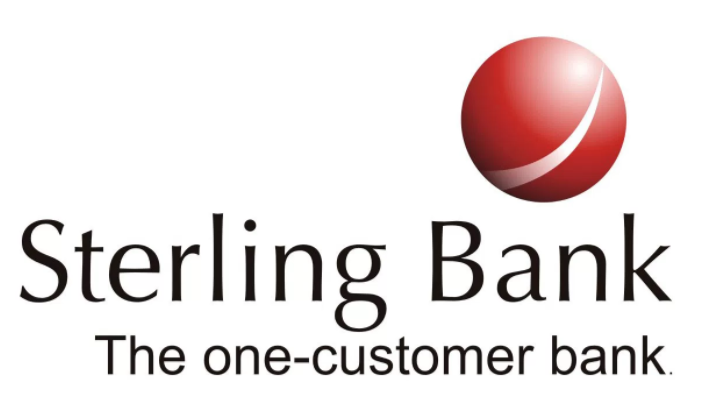Smartphone growth, internet access fuel surge in mobile money services-Palmpay boss

BY TEMITOPE ADEBAYO
Smartphone penetration, improved internet connectivity, and technological advancements have significantly increased access to mobile money services in Nigeria, according to Chika Nwosu, Managing Director of PalmPay.
Speaking at an interactive media session at the company’s head office in Ikeja, Lagos, Nwosu highlighted that smartphone penetration is projected to reach 65 per cent by 2026, which, alongside improved internet infrastructure, will make mobile money services more accessible to a wider population.
Nwosu noted that fintech companies like PalmPay, which provide digital wallets and seamless payment gateways, are playing a key role in expanding access to mobile money. He pointed out that demand for affordable financial services is growing, presenting a significant opportunity for PalmPay and similar platforms in the future.
He emphasised the rapid growth of agent networks, which have become a backbone for mobile money operations in Nigeria. In 2015, there were fewer than 10,000 agents, but by 2023, this number had grown to over 1.5 million. This expansion is expected to continue, with increasing numbers of mobile money agents and merchants. Nwosu also noted that mobile money operators (MMOs) are leveraging artificial intelligence to enhance customer experiences through machine learning, predictive analytics, and fraud detection.
READ ALSO: SGF, Sen Kawu revives irrigation in Kano
PalmPay, which boasts 16 million active monthly users, remains the largest financial app in Nigeria. Nwosu revealed that the app handles an estimated $6 million in monthly transactions, with a 99.5% success rate. The platform serves over 35 million customers, including 1.2 million business users who operate as both merchants and agents. These users benefit from real-time payments, digital accounts, and access to savings and credit solutions.
Donald Ubeh, PalmPay’s Head of Risk and Compliance, also spoke on the role of fintech in Nigeria’s financial ecosystem.
He shared that efforts are underway to remove Nigeria from the Financial Action Task Force (FATF) Grey List, with 50% of the requirements already met.
Ubeh emphasised that continued collaboration with regulators and financial institutions will likely see Nigeria removed from the list in the near future.
Ubeh also highlighted the economic empowerment facilitated by fintech platforms like PalmPay, particularly for individual users and small to medium-sized enterprises (SMEs). Many Nigerians, including those who traditionally used banks, have migrated their funds to PalmPay due to its convenience and accessibility. This shift supports the broader goal of driving financial inclusion, particularly for the unbanked and underserved population.








